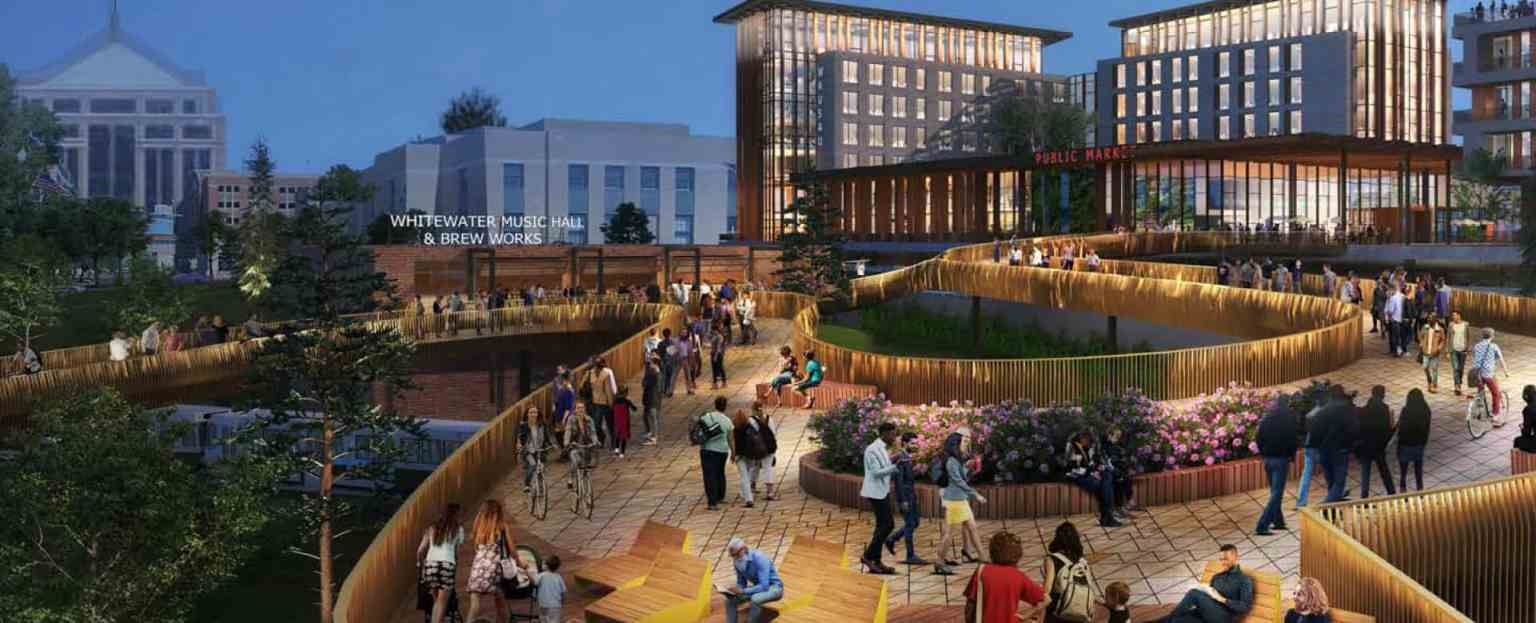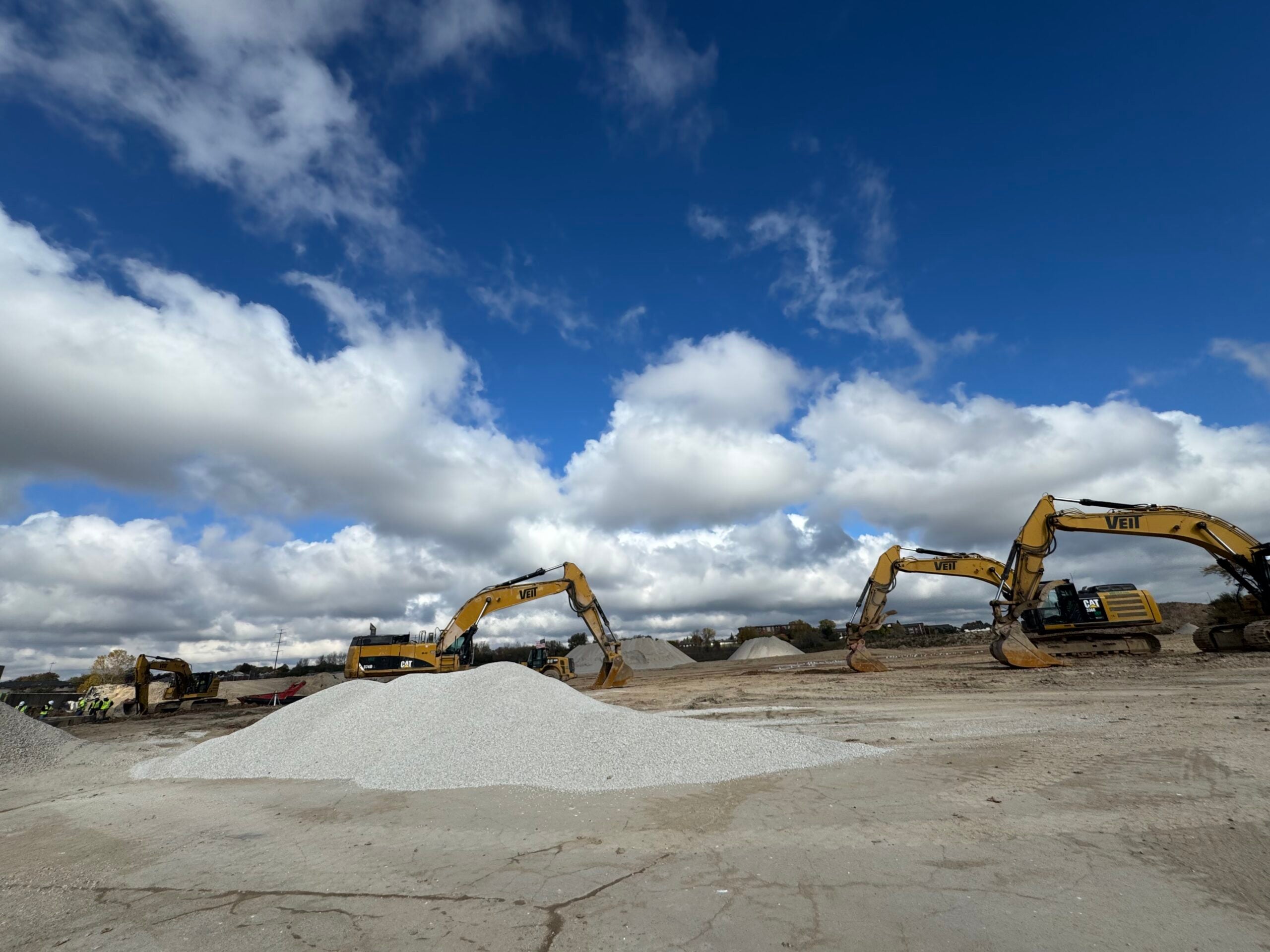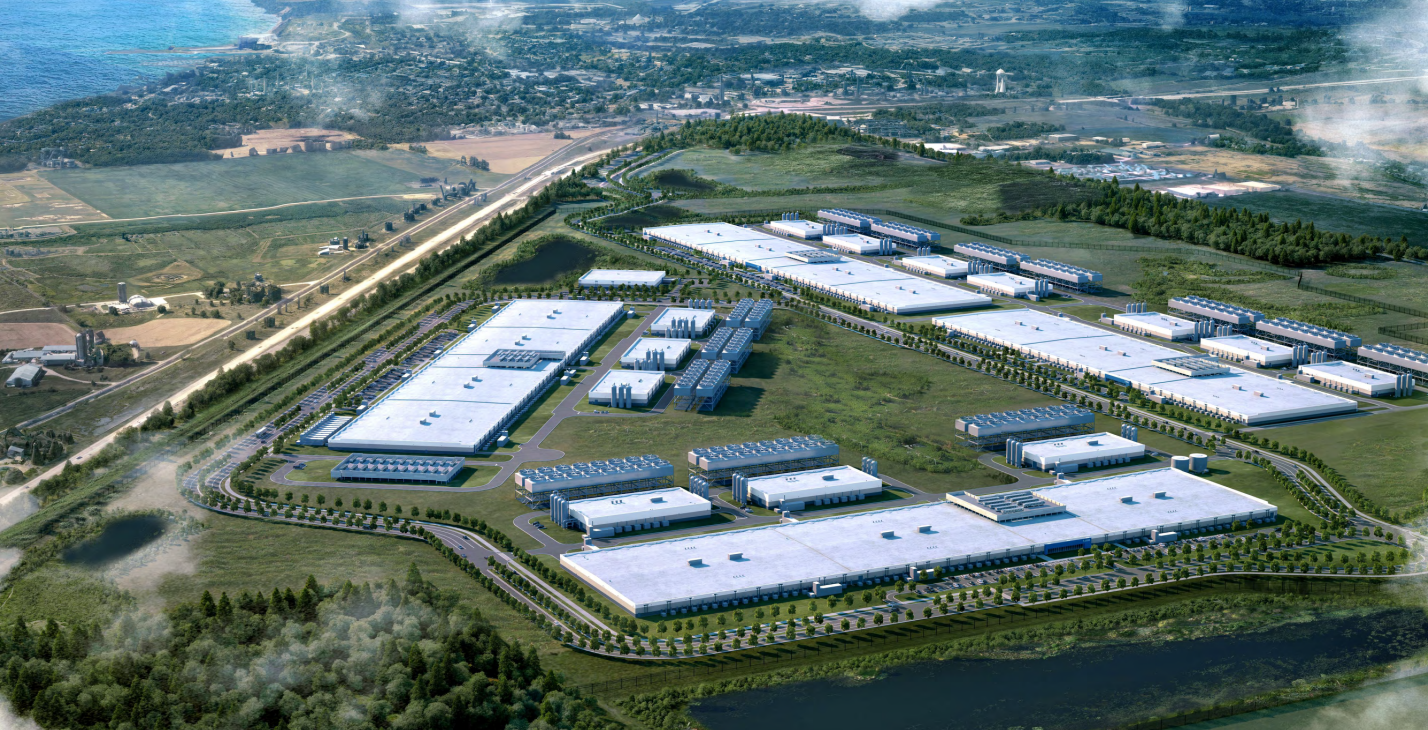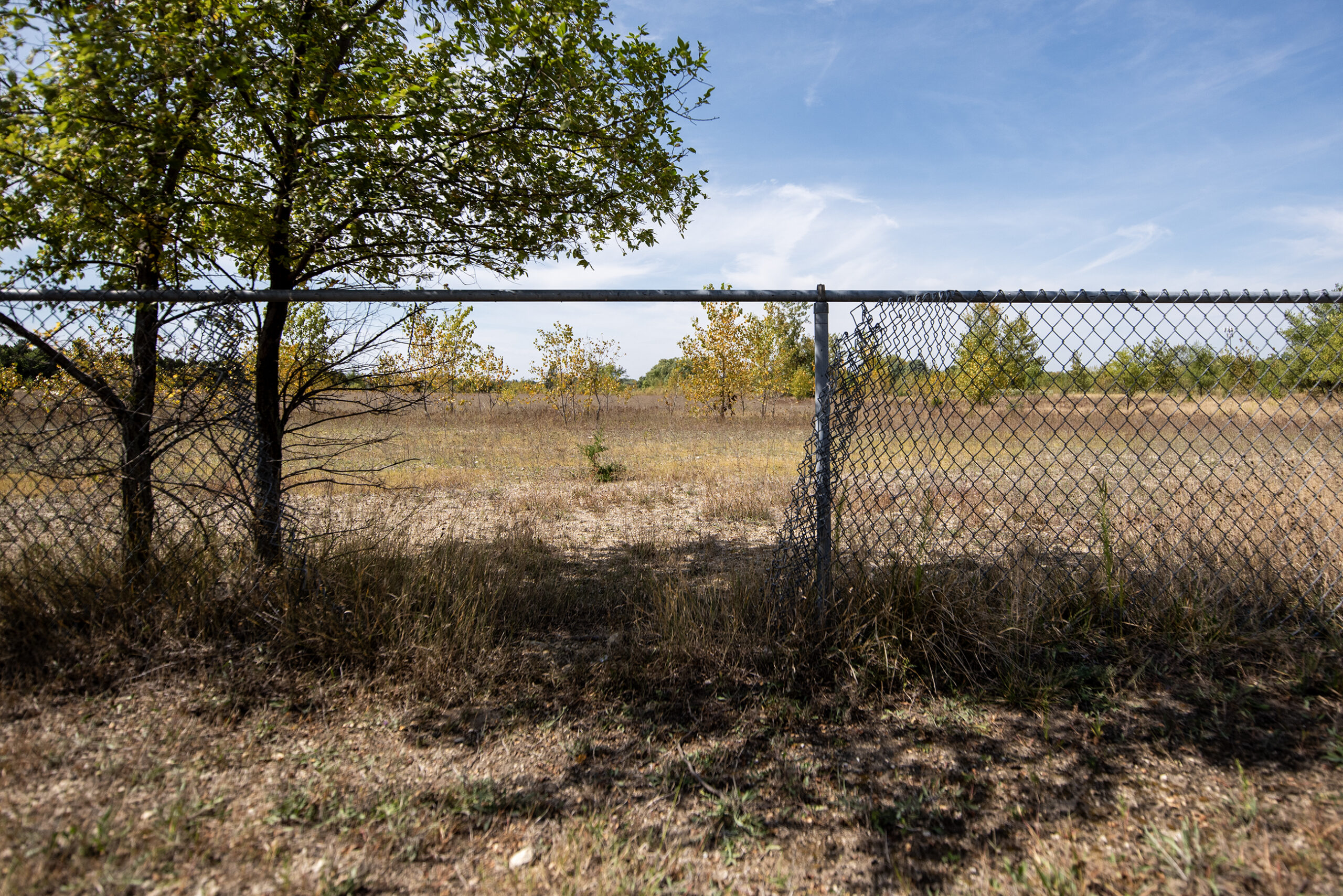The long-troubled downtown Wausau mall would be mostly torn down and transformed into a public market, along with retail, office and residential spaces, under its owner’s development proposal.
The proposal is the latest plan for the downtown retail space, where former anchor stores have closed one by one in recent years, casualties of broad declines in brick-and-mortar retail. Shopping malls have been in decline across the nation for more than a decade, and vacant spaces across the country have been demolished or converted into residential space. The Wausau City Council on Tuesday approved a plan that includes city tax aid to help move the project forward.
The Wausau Opportunity Zone, a nonprofit created by a consortium of local foundations in the fall of 2019 to purchase the mall, is behind the new proposal. Its planned development would include a pedestrian bridge to the city’s riverfront, the creation of green space, and the extension of some downtown streets through the space now occupied by the mall. It also would include spaces for residential, office and retail use.
News with a little more humanity
WPR’s “Wisconsin Today” newsletter keeps you connected to the state you love without feeling overwhelmed. No paywall. No agenda. No corporate filter.
The plan would not affect the mall’s HOM Furniture store, which would become a standalone store, nor would it affect two attached parking garages owned by the city.
The development is an ambitious plan to remake the space in a way that would benefit downtown Wausau, said Dave Eckmann, CEO of the Greater Wausau Chamber of Commerce and president of the Wausau Opportunity Zone. At a city meeting in November, Eckmann said the plan fits with the chamber’s broader economic development and “place-making” goals.
“The question we asked (was), ‘Are we creating the place, the community, to attract, retain and develop talent, to support the innovation ecosystem that our industries will require to compete in this century?’” Eckmann said.
[[{“fid”:”1041826″,”view_mode”:”full_width”,”fields”:{“format”:”full_width”,”alignment”:””,”field_image_caption[und][0][value]”:”%3Cp%3EOn%20a%20rainy%20day%2C%20Wednesday%2C%20Sept.%2011%2C%202019%2C%20umbrellas%20hang%20over%20Wausau’s%20Third%20Street%20outside%20Wausau%20Center%20mall.%20%3Cem%3ERob%20Mentzer%2FWPR%3C%2Fem%3E%3C%2Fp%3E%0A”,”field_image_caption[und][0][format]”:”full_html”,”field_file_image_alt_text[und][0][value]”:”Wausau Center mall”,”field_file_image_title_text[und][0][value]”:”Wausau Center mall”},”type”:”media”,”field_deltas”:{“1”:{“format”:”full_width”,”alignment”:””,”field_image_caption[und][0][value]”:”%3Cp%3EOn%20a%20rainy%20day%2C%20Wednesday%2C%20Sept.%2011%2C%202019%2C%20umbrellas%20hang%20over%20Wausau’s%20Third%20Street%20outside%20Wausau%20Center%20mall.%20%3Cem%3ERob%20Mentzer%2FWPR%3C%2Fem%3E%3C%2Fp%3E%0A”,”field_image_caption[und][0][format]”:”full_html”,”field_file_image_alt_text[und][0][value]”:”Wausau Center mall”,”field_file_image_title_text[und][0][value]”:”Wausau Center mall”}},”link_text”:false,”attributes”:{“alt”:”Wausau Center mall”,”title”:”Wausau Center mall”,”class”:”media-element file-full-width”,”data-delta”:”1″}}]]
The Wausau Opportunity Zone was able to purchase the mall in part by taking advantage of federal “opportunity zone” tax credits that were part of the 2017 tax cut bill signed into law by President Donald Trump. The nonprofit also received $1.6 million in city loans and tax incentives, in addition to the $2 million it initially put up to move forward with the purchase.
The city’s financial relationship with the organization attracted criticism, especially after developers requested millions more in loans from the city. Wausau Mayor Katie Rosenberg, who was elected in April, presented a reworked financial agreement this month that removed some $2.6 million in city commitments. Speaking at a city meeting, Rosenberg said she still saw the project as vitally important to downtown Wausau.
“Obviously what’s happening right now isn’t working,” Rosenberg said. “We can’t have a suck in our downtown. We depend on density to drive us. So, we’ve got to figure out how to make that happen.”
One of the nonprofit’s leaders has said the Wausau mall could close for good by the end of January.
Before the pandemic, the exceptions to the long-term decline of shopping malls tended to be high-end luxury malls, especially in affluent urban or suburban areas. Malls in small cities or working class areas have seen a progression of store closures and financial troubles.
In central Wisconsin alone, downtown malls in Stevens Point and Wisconsin Rapids were demolished in recent years. And the pandemic has hit clothing sellers and other retail businesses hard even after stay-at-home orders were lifted. In Oshkosh, the financially troubled outlet mall went into receivership in September.
Wisconsin’s largest cities haven’t been immune, either. In May, a judge ruled that Milwaukee’s vacant Northridge Mall would be razed. In August, a Madison commission approved the demolition of Westgate Mall to make way for residential development. And this month the owner of East Towne and West Towne malls in Madison filed for bankruptcy protection. The owner, the Tennessee-based CBL Properties, is also a former owner of the Wausau Center mall.
Wisconsin Public Radio, © Copyright 2026, Board of Regents of the University of Wisconsin System and Wisconsin Educational Communications Board.




